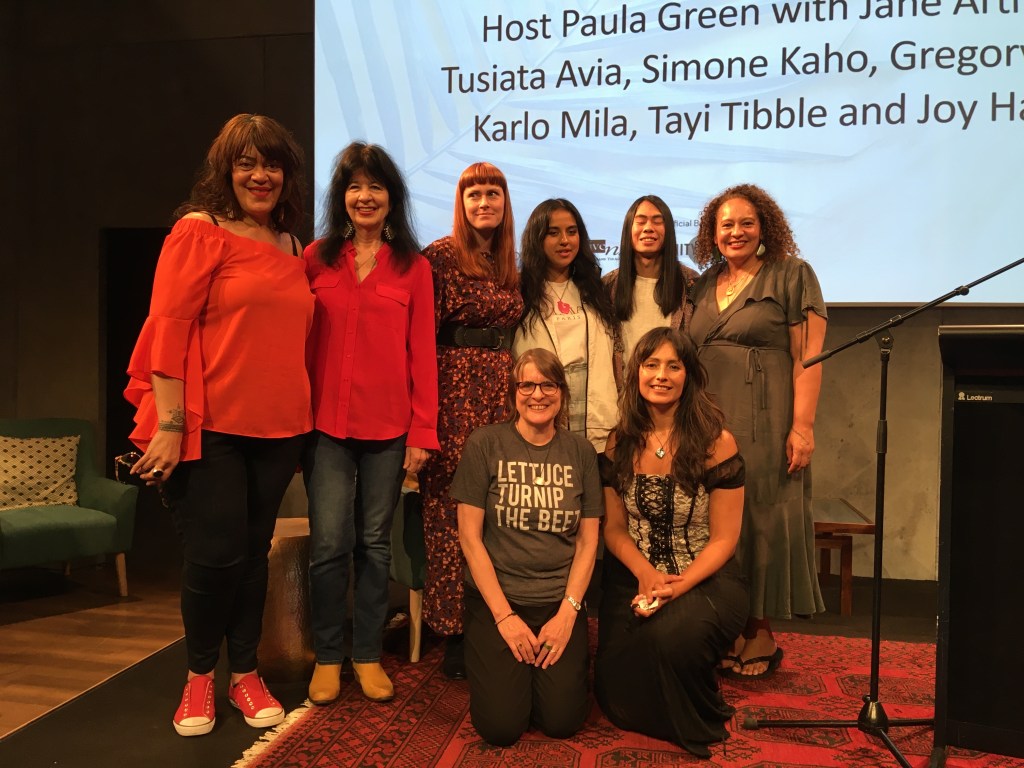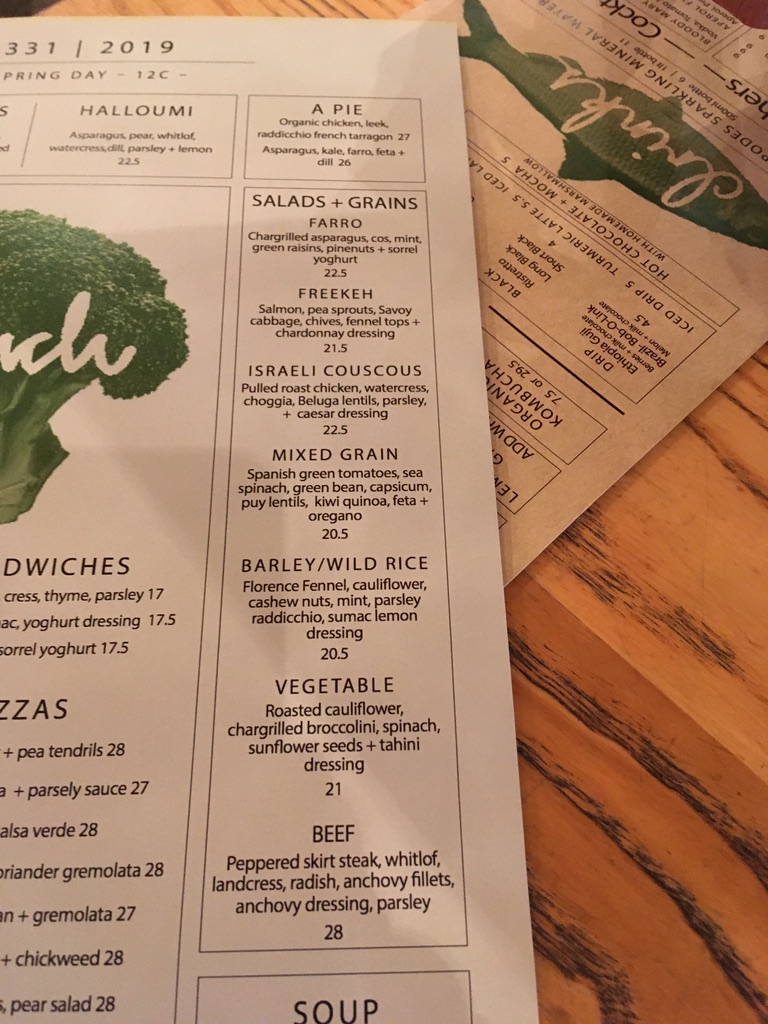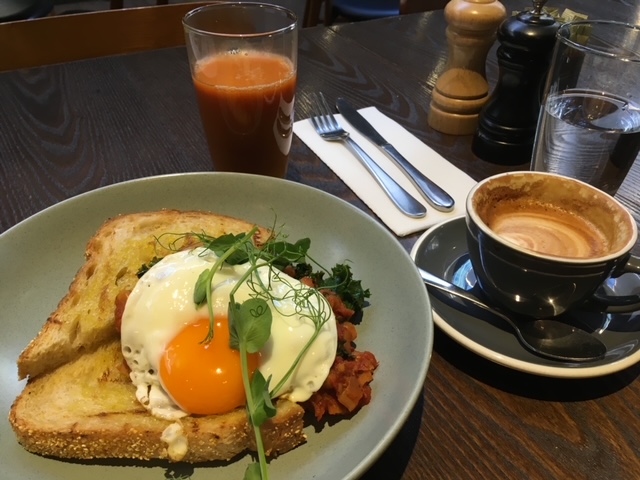
Poetry Shelf Live at VERB Festival: Paula Green with Tusiata Avia, Jane Arthur, Simone Kaho, Gregory Kan, Karlo Mila, Tayi Tibble and and special guest, US Poet Laureate Joy Harjo. Te Whanganui-a-Tara Wellington, March 2020
Towns and Cities is an ongoing series that features clusters of poems with Aotearoa urban connections. I have started the series with the Kāpiti Coast and Te Whanganui-a-Tara Wellington because I have lived here on a number of occasions. I started primary school at Petone Central, and spent most of my twenties flatting in Central Wellington, Wadestown and Pauatahanui. Wellington etched hills, harbour and sky on my skin in ways that have stuck to me though London fog, Whāngarei’s tropical rain and the insistent pull of Tāmaki Makaurau Auckland.
Yet Wellington is not just iconic views: it is people, friends and family, creative communities, must-visit festivals, the buzz of books and performances, the delights of Cuba Street, excellent coffee and food, the Botanic Gardens, Tinakori hills, the lure of Kāpiti’s glorious coast. And yet always I return to the tug of hills, harbour and sky. I started with a handful of poems and soon the list felt like a potential book! An imagined book that steps off from Gregory O’Brien and Louise White’s inspirational Big Weather: Poems of Wellington (Mallinson Rendel, 2000) to form another tasting platter of new and familiar voices. The Wellington Writers Walk, and the accompanying little booklet you tuck in your pocket as you go walking, also comes to mind.
My tiny gathering of poems is not so much about Wellington as offering whiffs of place – at times, an anywhere place that may or may not have hidden attachments to Wellington’s coast and city. A fascinating particular is as important as a wider view. A memory, an experience, an imagining. There are so many more poets I could have included, sought permission from, poets who are living or have lived in Wellington, poems that would add dimension and life to a whole book. Ah, this is my first stop on my Aotearoa road trip. I am loading my bags and moving onto the next place!
Special thanks to those poets who contributed a poem. Please note one poem has a suicide reference.
I look forward to posting further clusters over the coming months. This has been a wonderful excursion to a city I love dearly – the last time I was physically there, was for the VERB event I hosted, just before lockdowns, pandemics and floods. It was a special occasion.
The poems
In our town
Sometimes I think you have to have a past to live in our town. Although some people move here because they think it’s a good place to raise children. Everyone’s past is different of course, like their dogs. The silent ones that sit and watch you, the ones that rush up to strangers and bark at them. When I picture the people in our town I see them walking the quiet streets or sitting on their verandahs, side by side with their pasts.
Alison Glenny
Angry Man
He has three barking dogs in the back of the car,
old Silas and . . . I don’t know the others.
He has parked the car up over the kerb outside the library
and is standing nearby, waiting to see what will happen.
But nothing happens. He stands there all day
and the dogs fall asleep, and he opens the car door
and now the moon and stars are out in the sky
and here is the light by which his children read their books.
Bill Manhire
PN Review 265, May-June 2022
fermenting plums
We had become North Islanders and it felt weird, as if
we had absconded to the other side, where mountains
and blond grass had been replaced by arum lilies and nikau palms,
where after rain, we could smell aniseed from wet feathers
of wild fennel on stop banks.
We lived where the sliding shuttle of units into Wellington
passed between the motorway and the golf course,
rattling along the back of our section, the barrier arms’
ting-ting-ting a constant fret as commuters glided by
fast enough not to see us through the branches of the plum tree,
eating toast and drinking instant coffee in our pastel-coloured,
formulaic, wooden M.O.W. house at No. 2, living within our means,
paying off a light-brown Vauxhall Viva Estate we could sleep in
the back of, at Lake Wairarapa or on trips back south, by Lake Tekapo.
There, in the north, our life was measured by the arrival of three babies
in four years, by the words from L.P.s borrowed from the Lower Hutt
library; Badjelly the Witch, Buzz-o-Bumble and Grandpa’s Place,
by the summer sizzle of cicadas, the mumble of magpies, the query
of starlings on power lines, as we swayed on a hammock
strung over a lawn so covered with the burgundy skins
of fermenting plums, the very air smelt like red wine.
There, with a car port, a mail box, red geraniums, rotary clothes line,
2nd-hand flymo and the slow, old Hutt River at the end of the road;
there on the other side of the Pomare rail-bridge;
we lived, happily bunkered down right on the fault line.
Kay McKenzie Cooke
on Paekakariki Beach
night
like a watercolour print
with a smudge of misty cloud
soft rain falls
lines of waves
trail like ribbons into the darkness
around the throat
of the sea
the lights of Pukerua Bay
and raumati
burn like cigarette stubs
‘we’ve had two youth suicides,’ she says
there is meaning here
moonlit leaves lap the wind
Apirana Taylor
from a canoe in midstream, Canterbury University Press, 2009
walking to book club
early, even after looking at silverbeet
through the community
garden fence,
after breathing jasmine air
near houses painted gold
and cornflower blue,
on streets where a Shirley Barber fairy
might guide lost rabbits home
by the light of her bluebells,
I saw a man lead a small girl
and her pink bicycle
through a latched gate,
past a front-yard lemon tree
and into the waiting arms
of a woman
who steered her inside
then turned back to the man,
her face blooming as she held his
Leah Dodd
from Past Lives, Te Herenga Waka University Press, 2023
Hills
Who put the el
in the word world,
changing things forever?
It must have been later:
not in the beginning.
An old woman perhaps
in the days before writing
when words dwelt in the body
resting her tongue a little sooner than usual,
by chance and lovingly, on the roof
of her mouth before sounding the d
that is always ending the word word.
The roof of the world appeared.
All along the horizon. Layers
and layers of hills, lovely
and potentially touchable.
Dinah Hawken
from One Shapely Thing: Poems and Journals, Victoria University Press, 2006
Percival Street
The window is all harbour and clouds
a tall house teeters between city and terrace with
a thousand dark rooms and a thousand light windows
the long kitchen table ingrained with rebellion and utopia
the turntable plays Joni Mitchell’s Blue
Doris Lessing is open next to the blue notebook, and
even the wide open sky bulges with blue thoughts.
The little girl is back on Petone’s waterfront
catching her father’s sermons
the school windows out of eye reach.
I am walking up the steps to get to the next
set of steps and nowhere opens puff-breath
somewhere, and then it’s back again to puff-breath
nowhere, with long hair drifting, long skirt swishing.
Paula Green
Māori Uniform
The event is at Te Papa / it’s about wāhine Māori / there might
be a karanga / should probably wear a skirt / I guess it should be
black / I know / I know / that’s Queen Vic’s jam / but it’s just
how we roll / it’s uniform.
What do urban Māori wear to something like this? / Yeah, it’s on
the marae / but it’s Whiting’s whare / rules are guidelines / there’ll
be Nannies there / nothing too boobie / if I wear a skirt I’ll have
to wear stockings / Nan would kill me if i didn’t / it’s Māori.
Black jeans / rebel / but I’m wearing a tunic / technically it’s a top
/ but it’s long enough / to cover my teke / I couldn’t wear that
dress / it clashes with red / lipstick / blood red / contrast against
pounamu / pop / that’s the best part / uniform.
Nicole Titihuia Hawkins
from Whai, We Are Babies, 2021
from Thirty-Three Transformations on a Theme of Philip
7.
Coming down off the spine of the botanical gardens
onto the green flank of the dragon, shadows arch
under my feet. In the dell below, the shell-shaped stage
is strewn with red camillias. November
and across the valley on the dense dark Tinakori Hill
houses begin to light up like Guy Fawkes.
At the top of Patanga Crescent the pared-down villa
trembles with young men thinking,
pens lost in the wide sleeves of their dead uncles.
They are ecstatic and do everything extravagantly
in the last light: read, drink, fuck.
On the windowsill – a stone, a leaf, a twig with buds,
and the black cat left behind mewling by the old lady
now in the Home of Compassion. No change.
Anne Kennedy
from Moth Hour, Auckland University Press, 2019
City Living
Two middle-aged goldfish
tirelessly circle their tank
In the bars on Courtenay Place
twenty-somethings text each other
Apartment-dwelling cats
eye the trolley buses below
I cooked chicken for dinner
but you didn’t come home
The beautiful open window
admits moths, as well as air
Janis Freegard
from An Exchange of Gifts, A selection of poems and haiku from the New Zealand Poetry Society’s International Poetry Competition, 2001
Wellington peonies
December 2020
There are gushy peonies outside the florists’ door.
Don’t you just want to push your face into them? the florist says
which is a kindness because
I am already pushing my face into them.
So petalled. So inhabited. So pink. And
bunched together in a zinc bucket like something
cheaper, less luscious, more ordinary.
Mrs Dalloway said she would buy the flowers herself.
Netted by light and breathing rivery London air. Oh
to blossom into invisibility! To walk through the uncanny
narrow glade between buildings, that sudden temperature drop.
To see people in long coats at the bus stop undulate
in late spring wind, like kelp forests.
Bliss. Katherine Mansfield has Bertha arrange green and purple grapes
on a long, glossy table. Bertha is in a sudden ecstasy for a life
she is about to lose. Of course, she doesn’t know it yet. She thinks only that
the purple grapes bring the carpet up to the table.
Lynn Davidson
from The Incompleteness Book II, Australasian Association of Writing Programmes, Recent Works Press, Canberra, 2021
The Simple Life
In this city you can be whoever you want
and I’m still so much myself it’s disgusting
nothing else fits, nothing is comfortable,
I just want comfort, I want, I want
poorly-aged fish-out-of-water celebrity voyeurism
to remind me living can be so, um, uncomplicated
there’s nothing left for me here except reality
sleep demons waving performance plans
mandatory psychometric pub quizzes
where every answer is a ghost you’ve buried
and every competitor is an auditioning persona
each more insufferable than the last
waving from the bar, shouting strangers shots
dominating the karaoke machine
blowing each other in the bathroom
scared of being wiped away like a bad pour
let’s show them all we can last, we can
join a startup incubator as endurance art
double our screen time as endurance art
develop imposter syndrome as endurance art
collectively dissolve into the void to protest
my own expectations, but it’s alright,
I’m still a thing with a beginning, somewhere
to return to, paddocks, bales and sheds for miles
I’ve got my roots, my boots and shovel. I’m ready
to uhhhhh… work the soil… You hear that, soil?
no one is ready for this man of the earth, pulling up
the best version of me, no one has seen a body so tireless
I mean tired, so tired, lying in bed, Amazon Prime night-light
Paris and Nicole crawling out of my laptop screen
wet with manure and static, a weighted blanket
of hair extensions smothering me soothing me
as I disappear into a peroxide swaddle, blonde follicles
entering every orifice, kneading my brain making me happy
to disappear as they tell me I’m not cut out for this tell me
sssshhh who’s a good boy? Who tries on the remains of others?
tell me to rest easy, and be comfortably forgotten
Jordan Hamel
from Everyone is everyone except you, Dead Bird Books, 2021
Sunset
Low over Tinakori sky
The west droops on the town.
What if on Tinakori
The blazing sky fell down!
Would all the folk float golden
Like rocking fleets of Tyre,
Or would they, felled by wonder,
Fall wound in cloth of fire.
Eileen Duggan
from New Zealand Poems, George Allen & Unwin,1940, also in Eileen Duggan: Selected Poems, Victoria University Press, 1994
Ode to a gallery on Ghuznee St, Te Aro
for Jenny Neligan and Penney Moir, on the fortieth anniversary of Bowen Galleries
A window, a corridor and a room. And beyond
the well-furnished footpath
the No. 21 to Karori, the No. 18 to
God-Knows-Where. Bowen Galleries, you are also
a form of public transport, taking us beyond ourselves
and this valley
of dry bones
and cellphones. You are a jewel by Warwick Freeman,
yet rustic as a Jeff Thomson construction. You are
the wind blowing through a Wellington pedestrian as painted
by Euan Macleod. Your stable of artists
might be more accurately described as
a menagerie
by Jo Braithwaite. Bowen Galleries, to whom exactly is it
you belong: to the homely and the homeless,
the homeward bound; the vapid and the vapourised,
the self-made and the unmade, to the painter Geoff
of Dixon St, the tangatawhenua of Te Aro,
pigeon-footed, sparrow-like. To the parking wardens and
night cleaners, to the gallery regulars
god bless them. All here gathered beneath an inversion layer
of aromatic coffee
from the fine roasteries of Ghuznee and Cuba, ‘the convivial hour’
overseen by high court judges and caffeinated
babies in prams; clouds and the otherwise upwardly mobile.
I remember your street frontage
as Maiangi Waitai’s universe interwoven
with angels, Hariata’s spirit world. Their otherworldly light you share
with pedestrians and electrified cyclists, stray dogs,
a cat up a cellphone tower
and the Slow Boat from Cuba, laden with Brooklynites and
Mount Victorians. And the adjacent traffic
of whales in Cook Strait—fellow voyagers
like you. It is upon all of us your window
casts its ever-youthful, restorative light. Early evening.
Like you, we were
young once—like the greyhound pup
sleeping on its rectangle of sunlit
pavement. Here at the round earth’s imagined corner,
you are an ode
to the street laid out before you.
On the side of the newly born, not
the dog at the wintry door, you have survived
three National governments, a double murder
a few floors overhead in Invincible Building,
crashes of sharemarket, quakes, pandemic…
Open all hours. Room, corridor
and this window
into which we peer, and which in turn
watches over us. Window, corridor, and room
beyond, if your walls
had wings where would they fly? If your
walls had wings. But they do.
Gregory O’Brien
The river bears our name
As the sun eases red over Pauatahanui
You stand alone at the Huangpu River
Layers of dust catch in our throat
The water is brown with years of misuse
You stand alone at the Huangpu River
Your card lies still open on the table beside me
The water is brown with years of misuse
I write out your name stroke upon stroke
Your card lies still open on the table beside me
A white ocean breeze slaps at my face
I write out your name stroke upon stroke
My hand is deliberate like that of a child
A white ocean breeze slaps at my face
You are more fluent in a foreigner’s tongue
My hand is deliberate like that of a child
I lick the sweet envelope, seal up my word
You are more fluent in a foreigner’s tongue
The heat of exhaust swallows your breath
I lick the sweet envelope, seal up my word
I know you will tear it, one trace of your eyes
The heat of exhaust swallows your breath
Layers of dust catch in our throat
I know you will tear it, one trace of your eyes
As the sun eases red over Pauatahanui
Alison Wong
from Cup, Steele Roberts, 2006



Pingback: Poetry Shelf Towns and Cities: Ōtepoti Dunedin | NZ Poetry Shelf